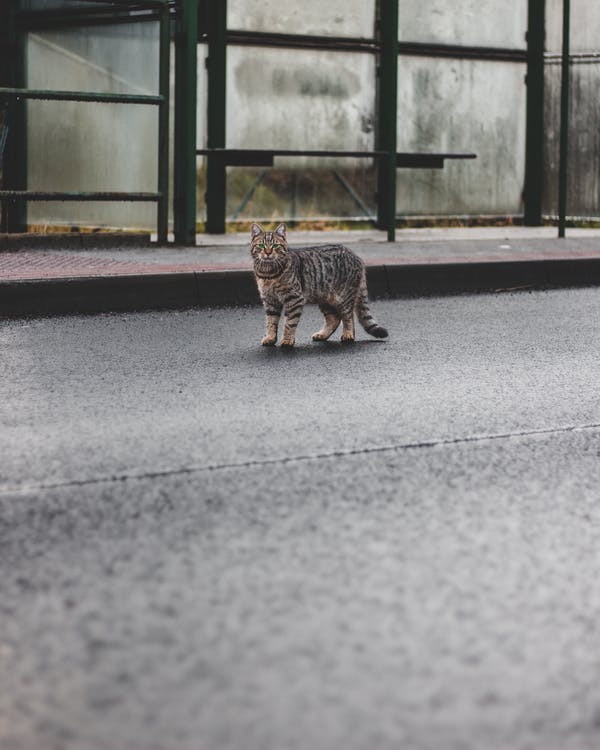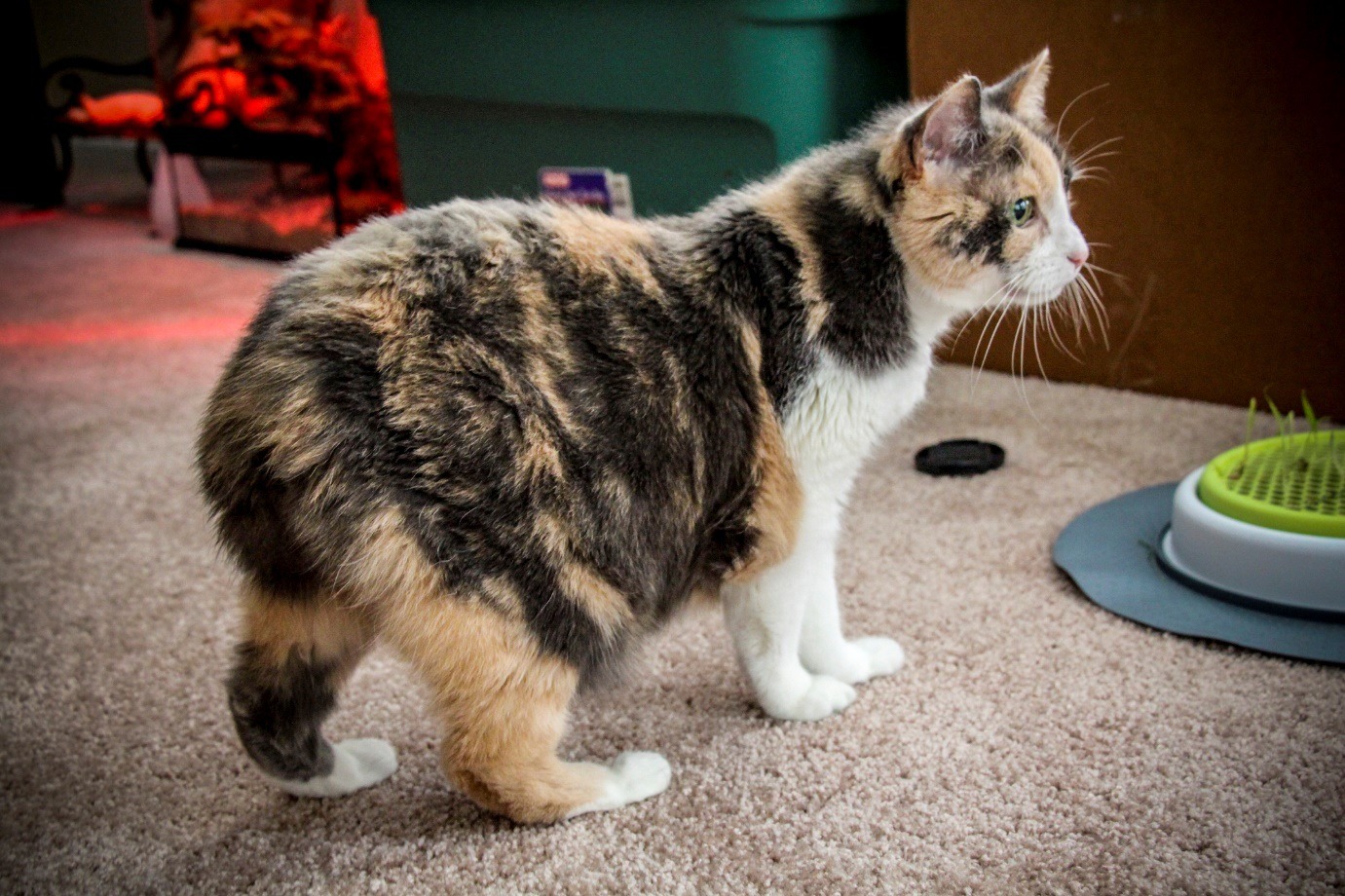Don’t well-housed cats just exuberate majestic glory? If you too have been contemplating on bringing home your cuddle buddy and want to explore more on this feline breed, here are some interesting characteristics and personality traits you can expect to see in the Manx breed of cats. Caring for any pet isn’t demanding. It just requires your affection, compassion, and a little time that you would enjoy spending with him.
Origin of Manx Cats
If you are new to this breed of cats, let’s share something unique about Manx cats. Unlike most other cats, these beauties don’t have a long tail. Well, surprised? Let’s share that some don’t even have a tail. It might amuse you to know that Cymric, known to be the sister breed of Manx, is also free of a tail even though it has a luxurious long hair coat. Read more on ways to care for your pet buddy @ https://www.wikihow.com/Care-for-Manx-Cats.
Many believe that the origin of Manx cats without tails can be traced back to the British coast where they would have possibly undergone some form of a genetic mutation to have emerged as an exclusive breed. History has showed that it was the Isle of Man where a tail-free cat had landed. As its genes spread across the land, it was officially named as the Manx.
Some of them have a short coat with double layers while the others have a double-coated long fur. Their coat colors could differ.
How big are they?
Well, not too small; this breed is a medium-sized feline and weighs anywhere between 8 and 12 pounds. The first look at a Manx kitten could be deceiving as those little ones can become strong and heavy with time. They gradually mature and reach their full size by the age of five. However, taller than its built is its personality. This furry four-legged cat can become the watchdog of your house without you having to train it that way.
Manx breed cats are known for their hunting skills and can attack things that appear untrustworthy. It is their alertness and fearlessness that endow them with the power to protect their family and babies. The other side of his personality depicts its affectionate nature who likes to be in a calm environment.
Manx cats are highly active also and can be quite playful. If you are in its good books, it might just follow you everywhere through the house. While can enjoy an intense play session with you, it can also become your couch cuddle companion.
Create that spot and watch it curl around you oozing affection. And if you are concerned about your new couch, it can be smoothly trained to spare your furniture piece and not scratch it.
Health conditions
Just like any other pet, your cat could fall ill as well but then that’s would be too often if they are well cared for. In general, this feline breed of cats is usually healthy. However, some health conditions that they usually experience include arthritis, especially of the tail bone if your buddy has one. Some kittens could develop corneal dystrophy.
Among the other issues found in Manx kitties are urinary tract problems, metabolism problems, or other bowel-related problems.
How to care for your Manx friend
Manx have a soft coat which makes it easier for their owners to care for. Simply brush their fur to remove any dead skin or hair. Brushing cat teeth can prevent diseases. Also, like most cats, they too develop gloom around their eyes which need to be wiped off from the corner of their eyes with a soft damp cloth.
Keep them clean and make sure that they don’t smear poop around furniture or rugs in the house. It’s essential to keep your feline friend’s litter box clean as this can prevent many diseases. Wondering if cats like to bathe? Read this to find out!
If you have kids at home, you can expect this feline breed to gel well with them. However, older cats may not instantly click with smaller children as they like a quieter space. Make sure to keep your house cat-safe before adopting it as a pet and do give it an outdoor time to cut the boredom.

